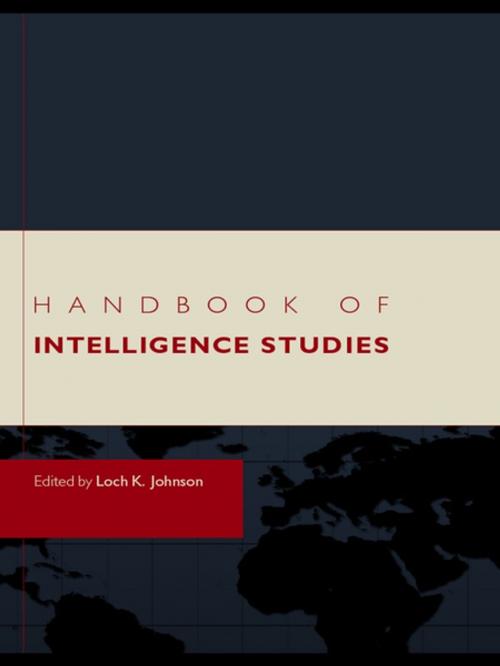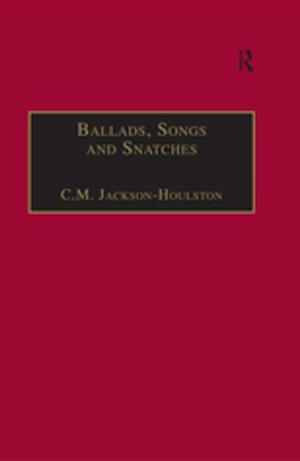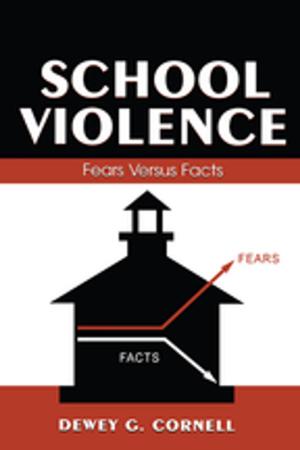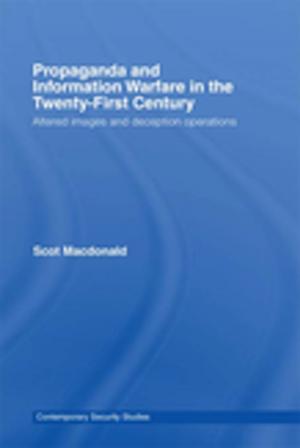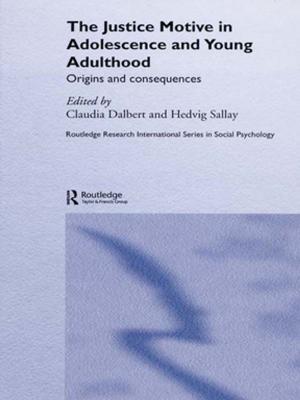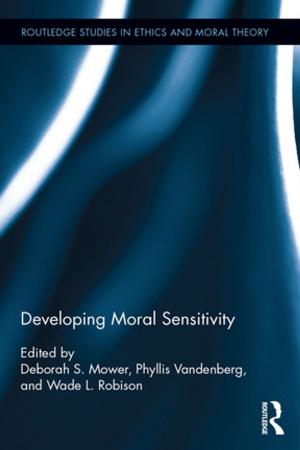Handbook of Intelligence Studies
Nonfiction, History, Military, Social & Cultural Studies, Political Science| Author: | ISBN: | 9781135986872 | |
| Publisher: | Taylor and Francis | Publication: | January 24, 2007 |
| Imprint: | Routledge | Language: | English |
| Author: | |
| ISBN: | 9781135986872 |
| Publisher: | Taylor and Francis |
| Publication: | January 24, 2007 |
| Imprint: | Routledge |
| Language: | English |
This topical volume offers a comprehensive review of secret intelligence organizations and activities.
Intelligence has been in the news consistently since 9/11 and the Iraqi WMD errors. Leading experts in the field approach the three major missions of intelligence: collection-and-analysis; covert action; and counterintelligence. Within each of these missions, the dynamically written essays dissect the so-called intelligence cycle to reveal the challenges of gathering and assessing information from around the world. Covert action, the most controversial intelligence activity, is explored, with special attention on the issue of military organizations moving into what was once primarily a civilian responsibility. The authors furthermore examine the problems that are associated with counterintelligence, protecting secrets from foreign spies and terrorist organizations, as well as the question of intelligence accountability, and how a nation can protect its citizens against the possible abuse of power by its own secret agencies.
The Handbook of Intelligence Studies is a benchmark publication with major importance both for current research and for the future of the field. It is essential reading for advanced undergraduates, graduate students and scholars of intelligence studies, international security, strategic studies and political science in general.
This topical volume offers a comprehensive review of secret intelligence organizations and activities.
Intelligence has been in the news consistently since 9/11 and the Iraqi WMD errors. Leading experts in the field approach the three major missions of intelligence: collection-and-analysis; covert action; and counterintelligence. Within each of these missions, the dynamically written essays dissect the so-called intelligence cycle to reveal the challenges of gathering and assessing information from around the world. Covert action, the most controversial intelligence activity, is explored, with special attention on the issue of military organizations moving into what was once primarily a civilian responsibility. The authors furthermore examine the problems that are associated with counterintelligence, protecting secrets from foreign spies and terrorist organizations, as well as the question of intelligence accountability, and how a nation can protect its citizens against the possible abuse of power by its own secret agencies.
The Handbook of Intelligence Studies is a benchmark publication with major importance both for current research and for the future of the field. It is essential reading for advanced undergraduates, graduate students and scholars of intelligence studies, international security, strategic studies and political science in general.
